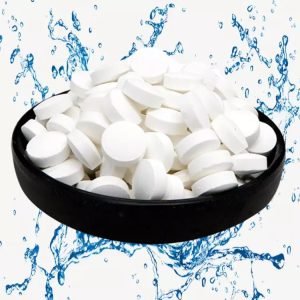The Ultimate Guide to Fiberglass Rebar: Benefits, Applications, and Installation Tips
The Ultimate Guide to Fiberglass Rebar: Benefits, Applications, and Installation Tips
Fiberglass rebar, also known as GFRP, is transforming modern construction with its superior strength, corrosion resistance, and lightweight properties. Ideal for challenging environments, it outperforms traditional steel in many applications.
Key Benefits of Fiberglass Rebar
Unlike steel, fiberglass rebar is immune to rust and chemicals, making it perfect for marine structures, bridges, and wastewater facilities. Its non-conductive nature enhances safety in electrical environments.
Durability and Longevity
With high tensile strength and minimal maintenance needs, fiberglass rebar ensures long-term structural integrity, reducing lifecycle costs.
Common Applications
Widely used in concrete reinforcement, it’s ideal for roads, tunnels, and industrial flooring where corrosion is a concern.
Installation Best Practices
Cut with standard tools, secure with plastic ties, and ensure proper concrete cover for optimal performance. Always follow manufacturer guidelines.
Frequently Asked Questions
Is fiberglass rebar stronger than steel? Yes, it has a higher strength-to-weight ratio and resists corrosion better.
Can it be used in all climates? Absolutely, from freezing temperatures to coastal areas.
Ready to upgrade your project? Explore our premium fiberglass rebar solutions for durable, efficient construction.


